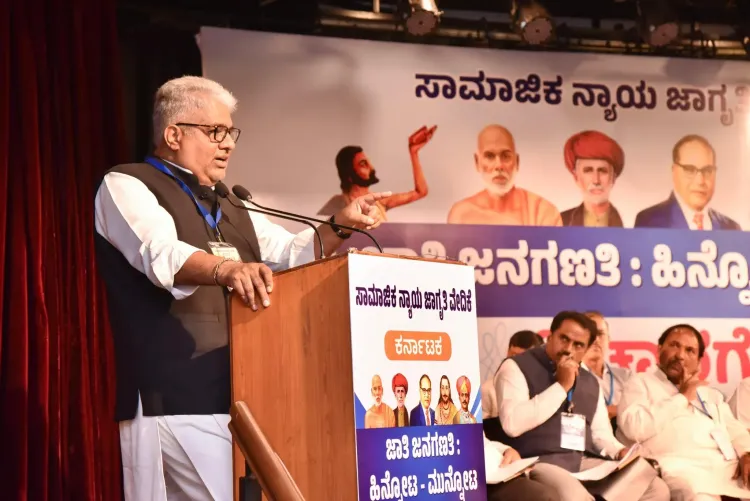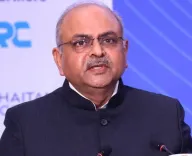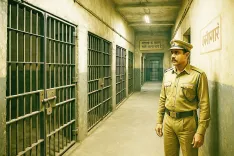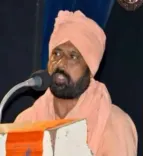Has Congress Failed Backward Classes?

Synopsis
Key Takeaways
- Bhupender Yadav criticizes Congress for neglecting backward classes.
- Importance of Kaka Kalelkar Commission and Mandal Commission recommendations.
- Need for awareness among OBCs regarding their rights.
- Historical context of social reform movements in India.
- Reservations as a tool for social justice.
Bengaluru, June 28 (NationPress) Union Minister for Environment, Forest and Climate Change, Bhupender Yadav, stated on Saturday that the Congress party intentionally overlooked the Kaka Kalelkar Commission report to hinder the social and educational progress of backward classes, even though the Constitution clearly supports the identification and upliftment of socially and educationally disadvantaged communities.
He raised questions about why those who profess to uphold the Constitution have not acted on the recommendations of the Kaka Kalelkar Commission, pointing out that after India transitioned from the Emergency period and family-dominated politics, the Janata Party took power and initiated the Mandal Commission.
“It was only after the Congress lost its grip on power that the quest for justice for OBCs became a serious discussion,” remarked the Union Minister during his keynote speech at the seminar titled 'Caste Census: Retrospect and Prospect', organized by the Social Justice Awareness Forum – Karnataka, at the Bharatiya Vidya Bhavan on Racecourse Road.
He further accused Congress of neglecting the Mandal Commission report just as it disregarded the Kalelkar Commission's findings.
“The OBCs were instrumental in helping former PM Rajiv Gandhi secure over 400 parliamentary seats, yet despite their support, the Congress neglected to deliver social justice for them,” he noted.
Yadav also directed his criticism towards Karnataka Chief Minister Siddaramaiah for allegedly overlooking the OBC report.
He highlighted that it was only under the BJP-supported V.P. Singh government that the Mandal Commission's recommendations were enacted, leading to the establishment of reservations for OBCs.
Yadav emphasized that the Constitution is the cornerstone of all Indian laws. “While some may carry the Constitution in their pockets, we carry it in our hearts. If they keep it in their family's wallet, we have embraced it within our souls,” he asserted.
He claimed that the Congress's neglect of backward classes contributed to its loss of power in states like Uttar Pradesh, Bihar, Tamil Nadu, and West Bengal.
Yadav expressed confidence that the Congress would struggle to regain power in Karnataka if the backward classes become more aware of their rights.
Reflecting on the recent commemoration of 50 years since the Emergency, he noted that it emerged from an authoritarian mindset, reminding the audience that such a situation should never happen again.
He highlighted the social reform movements of the 17th and 18th centuries in India, stating that they led to a reawakening of Indian society, culminating in the independence movement spearheaded by Mahatma Gandhi.
Yadav underscored that the goal of the Indian Constitution is to ensure social, political, and economic justice for all citizens, and that reservations were introduced to foster an egalitarian society.
He labeled untouchability as a blight on humanity, explaining why reservations are essential.
Retired Karnataka High Court judge Justice K. Bhaktavatsala, who inaugurated the event, stated that the Constitution crafted by B.R. Ambedkar embodies the principles of social justice and equality for all.
The event was chaired by K. Mukudappa, a retired government officer who has been advocating for the rights of backward classes for over forty years. He accused the Congress of failing to implement either the Kalelkar or Mandal Commission reports.
Raghu Kautilya, President of the Backward Classes Front, delivered the introductory remarks and noted that the last caste census was conducted in 1931 during British rule.





